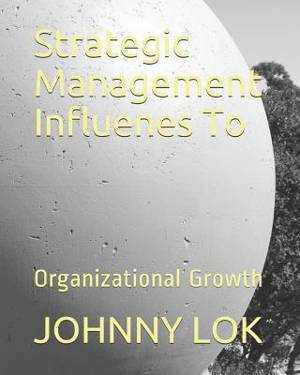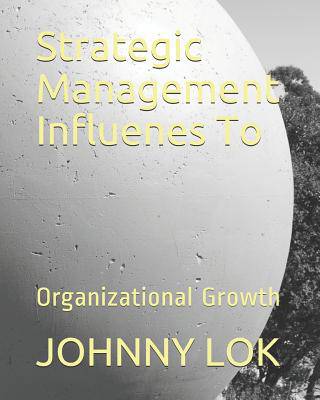
- Afhalen na 1 uur in een winkel met voorraad
- Gratis thuislevering in België vanaf € 30
- Ruim aanbod met 7 miljoen producten
- Afhalen na 1 uur in een winkel met voorraad
- Gratis thuislevering in België vanaf € 30
- Ruim aanbod met 7 miljoen producten
Zoeken
€ 83,95
+ 167 punten
Omschrijving
Business model is similar to machine logic of operation system: any machine has a particular logic of operation ( the way, the different components are assembled and related to one another), it runs in a particular way and in operating, it creates value for whomever uses it. For example, every automobile has a particular logic of operation, conventional automobiles operate quite differently than hybrids, and standard transmission automobiles. Different automobile models create different value for their stakeholders, the drivers. Some drivers may prefer standard transmission. Others may prefer a small car that allows them to easily navigate the streets of a congested city, others may prefer a powerful explosion engine to enjoy the countryside to the fullest. Different operation and create different value for their drivers. Likewise, to better understand business models, one needs to look at their component parts and understand how who relate to one another: The question arises: What are business models made of? I contend that business models are composed of two different elements. The concrete choices are made by management on how the organization must operate and the consequences of the choices both.In fact, choices may include compensation, policy, contracts decision making, outsourcing decision, location of facilities, assets employed, extent of vertical integration, or sale and marketing methods. Every choice has consequence. For example, the provision of high-powered incentives ( a choice ) has implications regarding the willingness to exert effort or to cooperate with workers ( consequences). Likewise, pricing policies ( choices) regard sale volumes, affect the economies of scale and bargaining power is enjoyed by the firm both ( two consequences).In strategic plan view point, I indicate three types of choices: polices, assets and governance structure. Policies refer action that the firm adopts for all aspects of its operation, e.g. unions complain dealing, locating plants in rural or city areas choice, encouraging employees to fly tourist class, providing fee shares, bonus monetary incentives, or flying to secondary airports as a way to cut expenses to employee welfare. Asset refers to tangible resources, such as manufacturing facilities, a satellite system for communicating between offices or the use of a particular aircraft model by an airline. Governance of assets and policies refers to the structures of contractual arrangements that confer decision rights for policies or assets. For example, a given business model may contain as a choice to the certain assets, such as a fleet of tracks. The firm can own the fleet or lease it from a third part. The transaction cost economies can reduce the firm to pay asset purchase expenditure at same time because it only pay rent to lease to the fleet of trucks per month.
Specificaties
Betrokkenen
- Auteur(s):
- Uitgeverij:
Inhoud
- Aantal bladzijden:
- 108
- Taal:
- Engels
- Reeks:
Eigenschappen
- Productcode (EAN):
- 9781095223659
- Verschijningsdatum:
- 19/04/2019
- Uitvoering:
- Paperback
- Formaat:
- Trade paperback (VS)
- Afmetingen:
- 203 mm x 254 mm
- Gewicht:
- 231 g

Alleen bij Standaard Boekhandel
+ 167 punten op je klantenkaart van Standaard Boekhandel
Beoordelingen
We publiceren alleen reviews die voldoen aan de voorwaarden voor reviews. Bekijk onze voorwaarden voor reviews.











